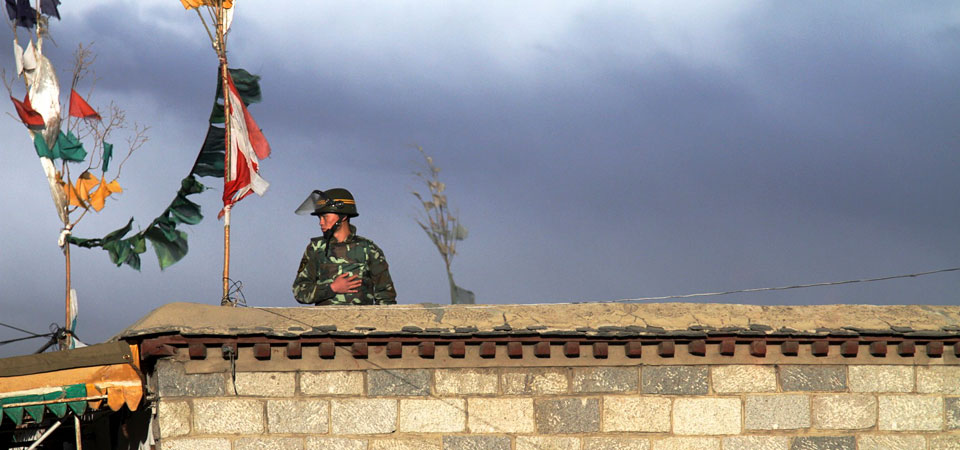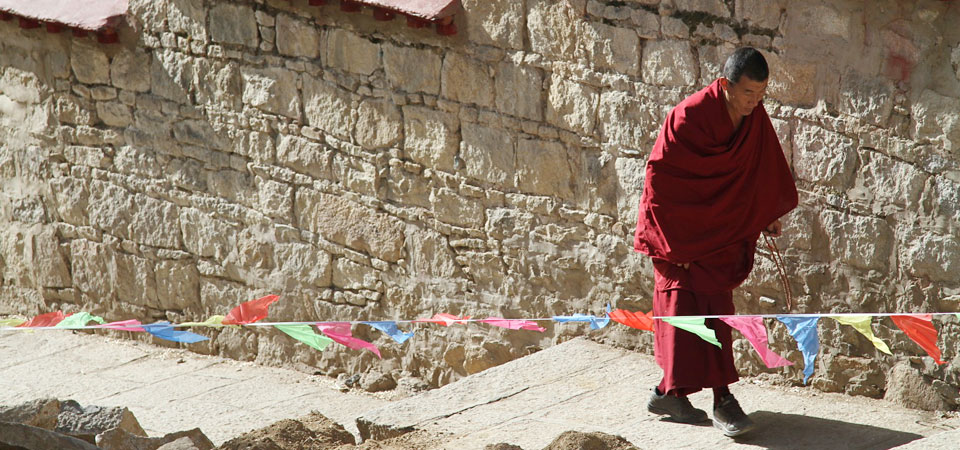Freedom of Conscience
What is at Stake
According to a 2012 report by the Pew Forum on Religion and Public Life, three-quarters of people in the world today live in countries with high or very high restrictions on religious liberty. Significant levels of governmental and social harassment of Christians may be found in 111 countries, of Muslims in 90 countries, and of Jews in 68 countries. Violence toward and between religious believers of diverse faiths has also risen significantly in the past decade.
As members of a minority Christian tradition that in different times and places has experienced discrimination for its distinctive beliefs and practices (including worshiping on Saturday and refusing to bear arms in the military), Adventists understand the difficulties faced by “marginal” or outsider groups in every society. Adventists have historically been staunch civil libertarians and champions of religious liberty who have often fought in the courts to protect the religious freedoms of others and to maintain a clear separation of church (mosque, synagogue, or temple) and state. As University of Chicago religion scholar and Lutheran pastor Martin Marty writes, “Adventists made major contributions to the American legal tradition by helping expand the liberties of all Americans.”
A Mixed Legacy
Unfortunately, Adventists have at times failed to live up to their own professed highest values or to bear creative and prophetic witness to their radical heritage. Church members sensitive to encroachments on their own religious liberties have refused to apply the same concern for freedom of conscience and diversity of thought to dissenting voices within the Adventist tradition who have challenged received understandings. Adventists have also at times forged troubling alliances with Christians of other denominations attempting to impose their theological understandings upon society as a whole using the coercive power of the law.
Get Involved
The APF embraces freedom of conscience for individuals both inside and outside of the Adventist tradition. We reject all political projects aimed at creating or restoring a mythically lost “Christian nation.” We refuse all tactics of coercive power maneuvering, recrimination, subterfuge, character assassination, harassment, and intimidation aimed at silencing or excluding voices of conscience. We encourage all Adventists, together with others of good will, to explore campaigns, actions, and organizations whose work reflects core values of the Adventist pioneers where matters of individual conscience and religious liberty are concerned, such as the following initiatives:









Moe Stiles and Nathan Brown interview Bettina Krause about religious liberty in the broader context of human rights. This conversation kicks off Moe and Nathan’s second semester of graduate studies in human rights.